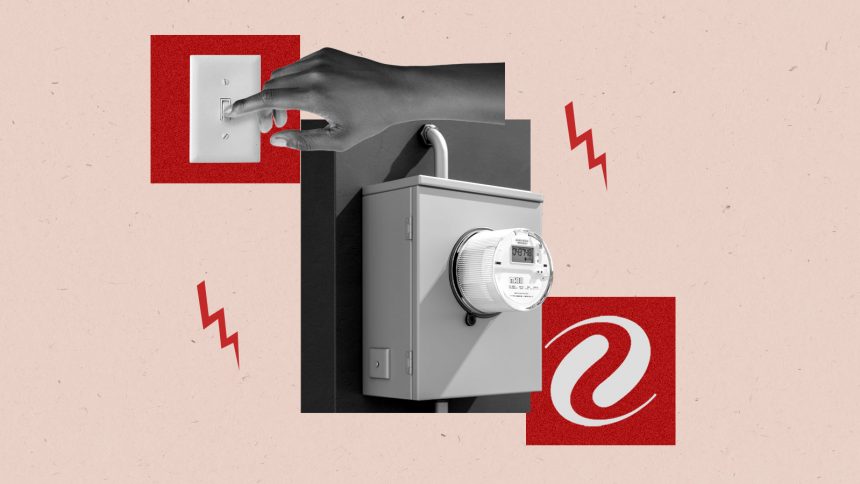Each year, close to 1.3 million households in the United States face electricity disconnection due to unpaid bills. This can have severe consequences, especially for those reliant on power for medical devices. Racial minorities, particularly Black and Hispanic families, are disproportionately affected by these shutoffs. Researchers found that in Minnesota, communities of color were three times more likely to experience a shutoff compared to predominantly white neighborhoods. However, nationwide, there is a lack of empirical data to address these disparities, hindering efforts to find solutions.
Energy policy experts emphasize the importance of understanding and providing equitable access to reliable power, especially as climate change increases extreme weather events. Researchers at the University of Minnesota discovered that households of color served by Xcel Energy experienced more frequent shutoffs and outages, highlighting the racial disparities. Community solar, battery storage, and other distributed energy resources are seen as potential solutions to address these disparities and provide cheap, reliable power to marginalized communities.
Studies have shown that racial minorities are disproportionately affected by utility shutoffs, but the root causes of these disparities remain unclear. Energy burden and housing age may play a role, but experts believe there are other factors contributing to these disparities. More data is needed to fully understand the extent of racial inequities in utility disconnections and develop effective solutions. By requiring utilities to report on disconnections and their impacts, policymakers can make more informed decisions on how to improve grid reliability and protect vulnerable households from life-threatening cutoffs.






